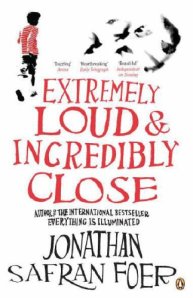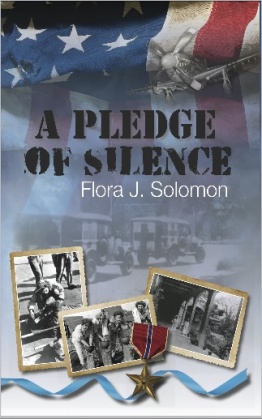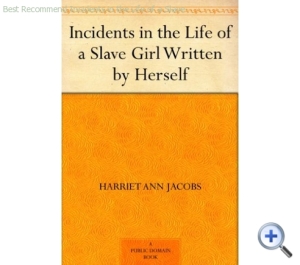Extremely Loud and Incredibly Close is not really the kind of book I typically read. But, Tom Hanks is starring in the movie, so my interest was peaked by that. Then one day, it was for sale in the kindle store for $.25 and I was in.

It is the story of a boy who is trying to cope with the death of his father in the terrorist attack of 9-11-2001.
Woven into the boy’s story are other stories. Some short stories of people who are also dealing with day to day life. Some longer stories of people still dealing with the grief that comes from the effects of war, even far in the past.His father had a meeting in a restaurant in one of the towers near the top when the airplanes hit. The boy comes home to messages from his father on the answering machine. He feels the need to hide the messages from his mother. He is hoping to protect her, but the actual result is a strong sense of guilt, which, when mixed with grief is almost too much for him to bear. He finds a key in his father’s closet that he sees as a quest that his father left for him, so he sets off to find the lock the key fits into, in the hopes that it will be his father’s final farewell to him.
Overall, I think the message of the book could be the importance of communication. Not because the characters in the book were so good at it, but because they were so frustratingly bad. One man does not speak. He communicates when he wishes too, but all too often, he chooses not to. His wife’s only true communication is onto paper in the form of her written life story, but in a format that would be impossible for anybody to read. The boy and his mother barely speak to each other. And he feels that he must keep his quest a secret from her, and she seems content to let him. At the beginning of his quest, he decides that he will answer all of the strangers that he is asking for help, truthfully. As a result, he forms strong bonds with these strangers. I didn’t enjoy the theme of broken families and closer friendships. Although, I suppose that may be because it is such a reflection of our current world state.
The style of the writing was a bit scattered. It was bits of information here and there designed to keep you guessing. I was often wondering if I had missed something. For a long time I couldn’t decide if the boy was making up all of the experiences and people he was encountering. Some of the things that happened seemed a little too unreal. But I suppose that could be another theme of the story, that people are not usually what you expect them to be, and in New York City, you get more crazies than normal.
I am glad to have read this book, but didn’t always enjoy it while I was reading it.
The father tells the son a story about “The sixth borrow.” This modern day fairy tale was one of my favorite parts of the book. On the flip side, I could have been fine not ever knowing so much about the sex life of the uncommunicative married couple. That was my least favorite part.
Do I recommend it to you? I think I do. Not because I enjoyed it so much and I know you will too. But, I think it will be talked about, and I like to be able to be intelligent in conversations. This book and it’s characters are so different from my reality and world view. However, I think that can be an important part of understanding and relating to people who are also drastically different from me.
 I was pretty excited to read this book. I had heard about it a couple times so when I found it at a book fair, I grabbed it right up. Unfortunately, I didn’t enjoy it as much as I expected to.
I was pretty excited to read this book. I had heard about it a couple times so when I found it at a book fair, I grabbed it right up. Unfortunately, I didn’t enjoy it as much as I expected to.



